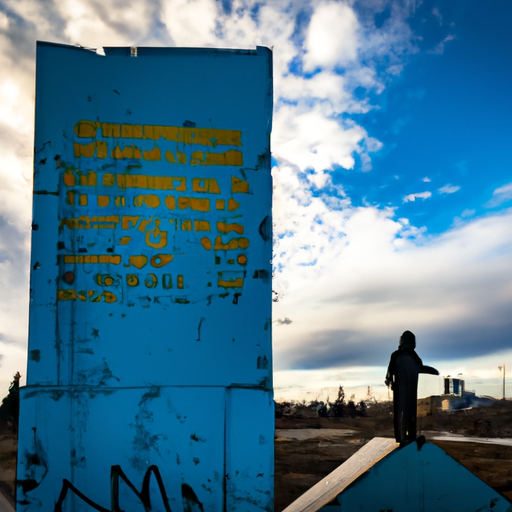Understanding The Deeper Impact Of The Opioid Crisis On The Manitoba First Nation Communities
Canadian news outlets are replete with horrifying stories featuring the escalating opioid crisis in Manitoba, particularly within the First Nation Communities. The situation is indeed grave, warranting immediate attention from all strata of society to mitigate the devastating impacts on tangible and intangible dimensions of people’s lives.
The Manitoba Opioid Crisis: A Glimpse of the Grave Reality
The scenario is alarming. The Manitoba region, particularly the First Nation Communities, are reeling under an intense opioid crisis. The proliferation of criminal activities, increase in homelessness, and climbing number of premature deaths are just a few of the many destabilizing effects of this crisis. The deeply ingrained socio-economic fabric is rapidly disintegrating, leaving the locals traumatized and helpless.
A Surge in Crime and Homelessness
There is an alarming rise in local criminal activities that stem from the growing opioid crisis. The authorities are grappling with an increase in break-ins, theft, and violence, leading to a breakdown of law and order. Additionally, homelessness is escalating. With the lack of a secure environment, especially for vulnerable groups like children and the elderly, the situation is truly distressing.
Role of Naloxone in Addressing the Opioid Crisis
Naloxone, a potentially life-saving antidote for opioid overdose, is gaining attention in the Manitoba opioid crisis. Many efforts to dispense this drug have been undertaken, but the need for organized and swift distribution is paramount.
Canadian Opioid Abatement Class Action: A Step Toward Justice
While dealing with this crisis, the Canadian opioid abatement class action is a step towards justice. The legal action against opioid manufacturers and distributors aims to hold them accountable for their role in the opioid crisis. The class action seeks monetary compensation for the government costs incurred in tackling the crisis, as well as funding for prevention and treatment services.
Key Considerations to Understand the Manitoba Opioid Crisis
To further understand the gravity of the situation, here are some key points to consider:
- First Nation Communities in Manitoba are facing an escalating opioid crisis.
- There is a considerable surge in criminal activities and homelessness due to the crisis.
- Naloxone, an antidote for opioid overdoses, plays a crucial role in combating the crisis.
- The Canadian opioid abatement class action aims to hold opioid manufacturers and distributors accountable for the crisis.
- Efforts are needed to provide effective prevention, treatment, and recovery services.
Concluding Thoughts
In conclusion, the opioid crisis in Manitoba’s First Nation Communities is a potent threat, shattering lives and destabilizing the socio-economic structure. While the efforts to combat this crisis, including the distribution of naloxone and lawsuits against the perpetrators, are in place, there is an immediate need for more robust, collective action. As civic and community leaders, let’s pledge to raise awareness, contribute to legal actions, and support prevention and recovery services to help alleviate the suffering caused by the opioid crisis.
